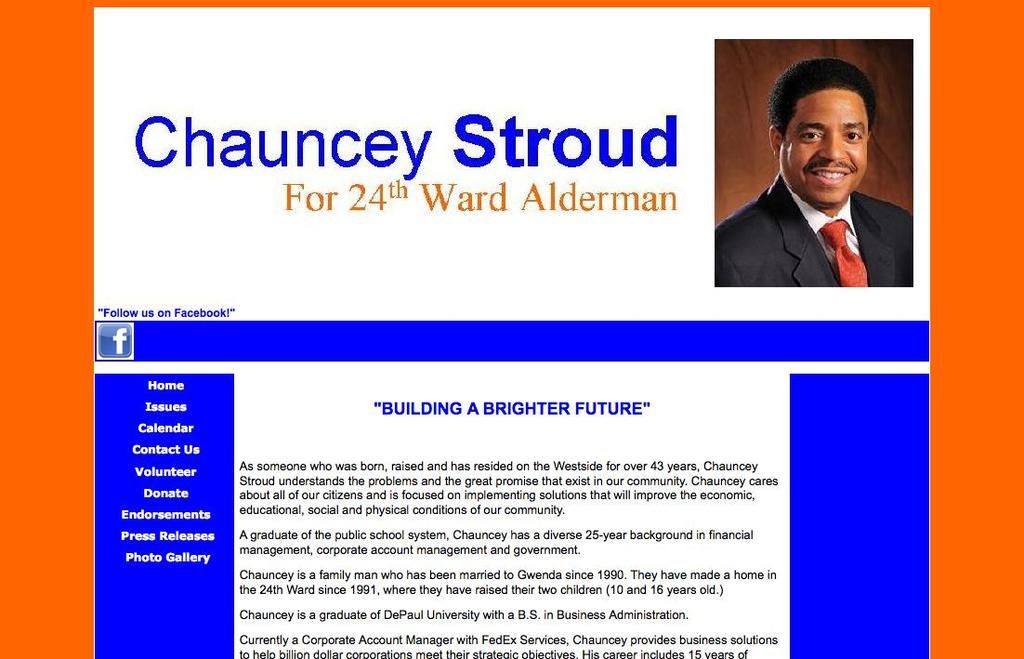Storm-induced home insurance claims: How defining 55 mph wind speed may influence your coverage
From bursting pipes to uprooted fences, households are facing another round of property damages. But what if a mysterious "55mph rule" leaves your claims rejected? Let’s demystify this wild whirlwind and unpack insurance headaches.
Get Ahead with our Financially-focused Mag
Dive into financial news, expert analysis, and exclusive discounts when you sign up for a free trial. You won’t believe what you've been missing!
While Storm Éowyn blasts the northwest UK, wind speeds have surpassed 90mph in Northern Ireland, and Wales isn't far behind. This is the fifth major storm to hit the country since October 2024, promising travel chaos, storm damage claims, and insurance payouts.
Navigating the "55mph Rule": Insurance Catch-22
When mother nature strikes, payday for homeowners may follow suit. But if winds aren’t powerful enough in your area, insurance companies might reject down-to-the-wire claims. What’s the deal with this “55mph rule” that’s creating chaos in the land of fire and rain?
Truth be told, the 55mph rule isn't an actual insurance rule. Instead, wind speeds serve as a parameter to evaluate storm damage. Insurance providers rely on a set definition of a storm based on the minimal wind speeds capable of inflicting damage on a well-maintained property to avoid constant payouts for petty damages and preserve policy affordability for everyone.
Three Ways a Storm is Defined:
- Wind speeds with gusts of at least 48 knots - 55mph.
- Torrential rainfall at a rate of at least 25mm per hour, or snow reaching at least one foot in 24 hours.
- Hail intensities that shatter hard surfaces and break glass, alongside winds of equivalent strength to Storm Force 10 on the Beaufort Scale.
The Wind Shall not Blow, Nor the Waters Rise:
Fueled by the past, insurers are well-prepared to aid customers during stormy seasons. After Storms Babet, Ciaran, and Debi in 2023, payouts totaled an estimated £560 million, with the first three quarters of 2024 recording a colossal £4.1 billion in damage payouts[1].
"Count on us," says Jonathan Fong of the Association of British Insurers. "We understand the vulnerability of homes and businesses and are equipped to offer aid during storm events." Homeowners are advised to store and secure any items that may be easily carried away by the winds, and to move valuable and sentimental items to a safe and dry location in case of potential flooding[1].
However, insurers may occasionally reject claims when wind speeds in specific areas fail to meet the storm threshold, as determined by the insurer's data.
Don't be caught off guard; open your policy documents to find out what's covered, and get in touch with your insurance provider if you have any questions. Insurers are required to address your concerns within eight weeks, and if things don't work out, you can escalate your complaint to the Financial Ombudsman Service[3]. Prepare, read your policy, and protect your investment!
If you feel that your claim was unfairly denied, the Financial Ombudsman Service is here to help! We arbitrate disputes between insurance companies and consumers, enabling you to get a fair answer without additional cost or fuss[3]. Stay informed, stand your ground, and fight for the coverage you deserve!
Sources:
- link: UK Storm Damage Costs Exceed £4.1 Billion Through Third Quarter
- link: Renovation projects: homeowners face health risks and legal nightmares
- link: Complain about your insurance
Enrichment Insights:
Homeowners must be aware of the factors determining their storm damage claims, including policy details and wind speeds in their specific environment. Analyzing insurance policies carefully to understand coverage, exclusions, and limits is essential to ensure adequate preparation for potential storm events. By staying informed, homeowners can secure their property and protect their financial investments when disaster strikes.
- When dealing with property damage caused by storms, understanding the role of wind speeds as defined by insurance companies, such as 55mph, is crucial for homeowners to ensure their claims are not rejected based on the "55mph rule."
- Proactively reviewing personal-finance matters related to property insurance coverage can help homeowners avoid costly complications during stormy seasons, ensuring they are properly protected and can make valid claims in case of damage.





